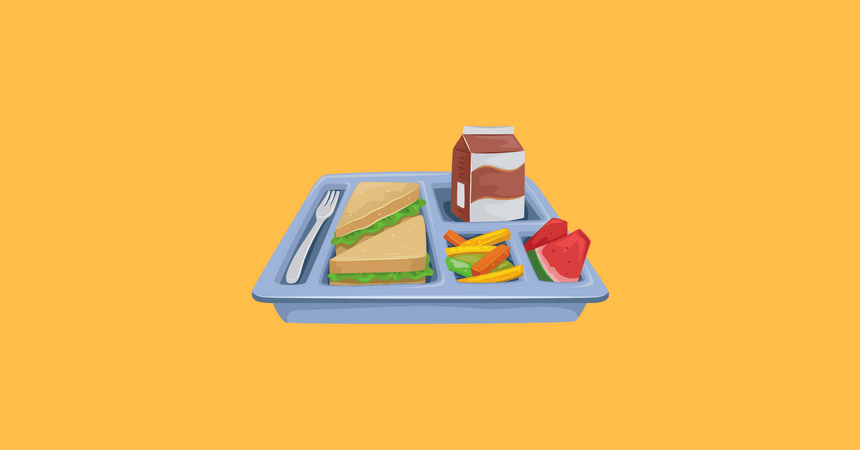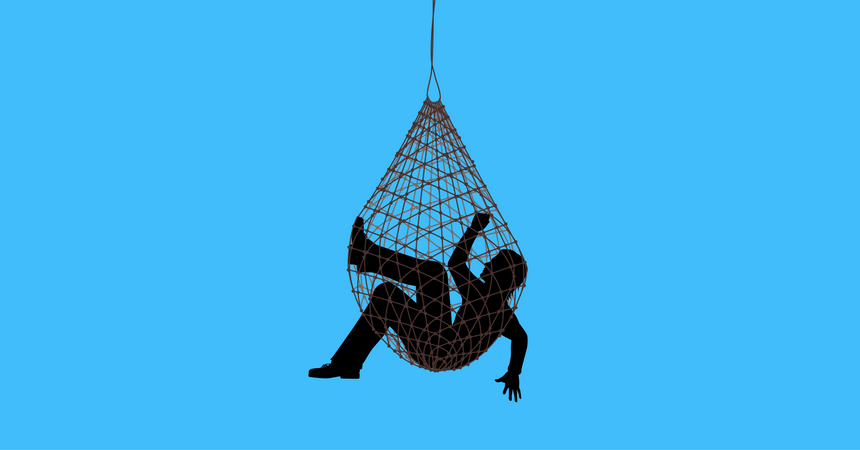
Your 20s and 30s are some of the most exciting times of your life. It’s the time for you to open your world to all kinds of new experiences, and, if you’re careful, set some goals to achieve for the future.
These are the years when we strive to achieve better levels of literacy, job growth and career exploration. Others have much different goals and prefer to explore different cultures and travel the world. Maybe even learn one or two new languages along the way.
Everyone has it different, but for most of us, one thing remains the same—we all want financial independence.
Making money is one thing, but being able to keep that money is something else. With that said, another critical skill to have in your 20s is financial literacy.
The worst thing you could possibly do for yourself is to completely ignore your finances in your twenties or spend carelessly.
Rather than spend every moment enjoying yourself, despite how important it is to have time to, you should establish a rock-solid financial foundation for yourself. Your twenties can literally set the course for the rest of your life financially.
For that reason, here are some of the most common mistakes you should avoid while getting started with your journey.
1. Not Having a budget
Getting a job is a great thing. Arguably, along the same lines, the only thing that feels better is getting your first paycheck (taxes and all).
After all, it’s your hard-earned money, so it’s yours to spend.
However, if you’re like most, you’ll likely drain every single cent before the month ends, then you’re back to square one.
Understandably, living paycheck to paycheck is pretty darn hard. On top of that, life is pretty expensive. Add together all the day-to-day requirements of life and it’s nearly impossible to put anything aside.
However, the point of having a budget to begin with is to make your future life easier. A budget helps you figure out your priorities, where the bulk of money will go and where it won’t.

2. Ruining your credit
One of the most dangerous misconceptions about finances in your twenties is that you're expected to run up credit card debt and make bad decisions with your money. Who cares if you missed a couple cell phone payments or got evicted from one apartment? You have the rest of your life to recover, right?
Well, it's not that clear cut.
When you have a low credit score or poor credit history, lenders will assume that you’re a high-risk borrower. All those mistakes you made in your early twenties will come back to bite you.
Your insurance, financing and mortgages will be more expensive. Not to mention getting a high-paying job will be that much more difficult, since some employers check your credit as a part of the hiring process.
Build a good credit rating now, either by getting a credit card and paying it diligently or even a credit-building personal loan.
3. Relying on credit cards alone
Credit cards are some of the best things that can ever happen to you. People are especially in love with what credit cards with loyalty points can do. However, those points are a far cry from the kind damage finance charges can do.
Ideally, credit cards should be a way for you to keep track of your spending. In other words, you should never be late to pay off the credit card, and even worse, skip it altogether.
Paying these charges in full not only keeps you within your budget but also helps you avoid unnecessary fees. What’s more, it’s a great way to improve your credit score.

4. Living on perks instead of salary
You’ve probably been to an interview where you’ve been told about the salary being low but you’ll love "the atmosphere" and "the people."
Neither of those things pay the rent and they sure won’t put dinner on your table later that night.
If you’re really desperate even for a single cent, you’re better off accepting the opportunity.
However, if you’re fully employable, create a saving plan for yourself and spend on the necessities instead of splurging on lifestyle perks. An important part of this plan should be both the long-term and short-term goals.
Long-term goals include saving for a down payment on a house and a retirement plan. It may seem like it’s a bit early to start saving for such, but you sure won’t think so when the time comes when you need that cash.
Don't be lured into an underpaying job just because they offer free beer and have a monthly happy hour. Get your financial priorities in order and steer clear of the shiny objects.
5. Having no emergency fund
When you're in your twenties, you feel invincible. The last thing on your mind is what might happen in six months. You live in the moment without putting too much thought into the worst case scenario.
But it's time to switch your state of mind. You need an emergency fund.
If you don’t have an emergency fund, you’re not alone in it. Most people don’t mind living on the edge. In fact, over 66 million Americans don't have any money saved up for an emergency.
After all, most people don’t imagine ever being involved in an emergency. However, you never really know when an emergency will strike.
Some may be slow and gradual like some natural impending disaster, while others are a lot harder to predict. Even if you have insurance, some insurance companies are known to take the cheaper way around rather than helping you completely.
It’s not unheard of for a company to pay $600 for a wheelchair rather than $6000 for surgery. Similarly, you never know when a child, a pet or even yourself could suddenly get sick. Having a little money to spare in such times is totally worth it.
As for how much, a lot of financial advisors and money experts recommend having enough money to cover at least three months worth of your necessary living expenses like rent/mortgage, food, and any bills that cannot be deferred.

6. Not Having health insurance
As much as having an emergency fund is important, health insurance may be even more useful. Even if you’re currently fit and healthy, you never know when you might accidentally get injured or start to get sick.
Unexpected, high medical fees are some of the biggest causes of bankruptcy. Getting good insurance coverage protects you from more risk than you could imagine.
We know, the thought of having a couple extra hundred dollars taken from your paycheck each month for something you might not even use is hard to reconcile.
But trust us, when you need to visit the emergency room because of an accident, you'll be glad you have insurance.
7. Not having any personal finance goals
So you’re setting some money aside each month, but what for? Apart from the emergency fund, what are you looking to achieve with that well-earned money?
As the old quote goes, "a captain cannot pilot a ship if he does not know where it’s going."
In other words, it’s a pretty good idea to think about where you want to be in ten years or so, and start to work towards it appropriately.
Basic goals like simply having money on the side for its own sake may seem feasible, and may work for some people. However, in the end, if you have enough self-awareness to know that that possibly won’t work for you, maybe a more elaborate scheme could help.
For example, maybe you'll set a goal to be able to put a down payment on your first house in five years. That way, you'll have something specific to work towards.

8. Taking financial advice from the wrong people
No matter how old you are, it’s never too late to become financially literate.
The internet, especially, has all kinds of resources to help you on your journey. You can learn to organize your finances from some of the best advisory sites out there.
After all, having someone to guide you when you’re lost is an excellent idea. All the same, be wary, since those not everyone has the best of intentions in mind.
Non-fiduciary advisors are those that are compensated for the products they recommend. Whatever is being pushed at you is not necessarily the best product for you.
The only real way to go about this conundrum is making sure you consult an advisor who is a fiduciary. A fiduciary is someone who is obligated by the law to never act in self-interest and only recommend whatever is best for you.
Remember, blogs like ours and others are here to help give you a better understanding of personal finance. But ultimately, the way you spend and save your money depends on your individual circumstances.
Get financially smart in your 20's
Your twenties are a great time to start building a solid financial foundation. The decisions you make today can impact the rest of your life positively or negatively.
The choice is up to you.



